Home>Garden Essentials>How Long Can Sunflower Seeds Last
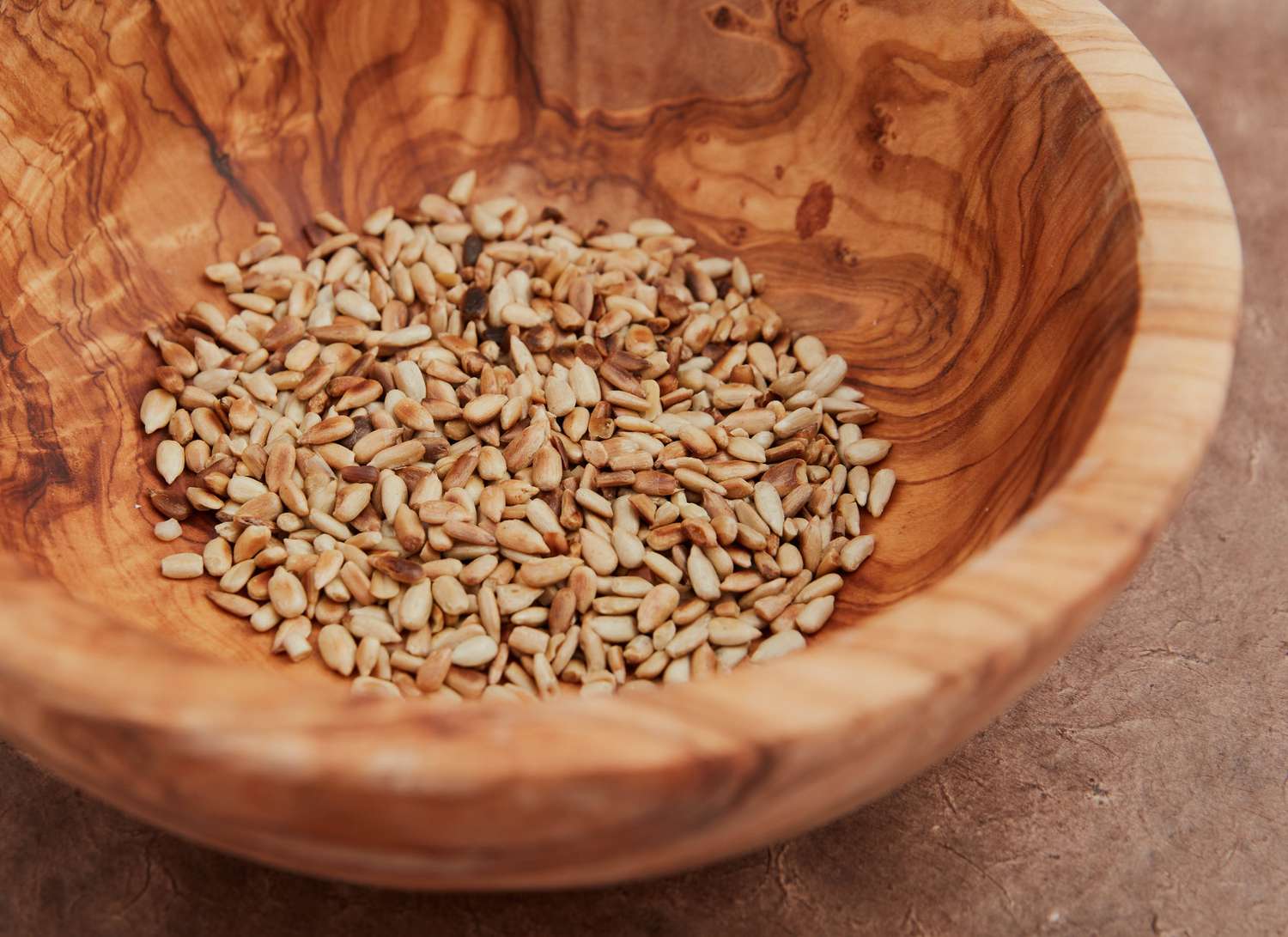

Garden Essentials
How Long Can Sunflower Seeds Last
Modified: May 6, 2024
Learn how long sunflower seeds can last in your garden and get valuable tips on maximizing their shelf life. Discover the best practices for storing and preserving your garden's sunflower seeds.
(Many of the links in this article redirect to a specific reviewed product. Your purchase of these products through affiliate links helps to generate commission for Storables.com, at no extra cost. Learn more)
Introduction
Sunflower seeds are not only a delicious and nutritious snack, but they are also versatile in cooking and baking. Whether you enjoy eating them straight out of the bag, sprinkling them on salads, or using them as a topping for baked goods, it’s important to understand the shelf life of sunflower seeds and how to prolong their freshness.
In this article, we will explore the factors that can affect the shelf life of sunflower seeds, the proper storage methods to ensure their longevity, how to detect signs of spoilage, and tips on how to extend their shelf life.
By following these guidelines, you can ensure that your sunflower seeds stay fresh and flavorful for as long as possible, allowing you to enjoy their taste and nutritional benefits for months or even years to come.
Key Takeaways:
- Keep sunflower seeds fresh by storing them in airtight containers, keeping them dry, and avoiding exposure to air and light. Look out for signs of spoilage like off-putting odor, discoloration, or unpleasant taste.
- To extend the shelf life of sunflower seeds, consider roasting them, using oxygen absorbers, and storing them in the refrigerator or freezer. Regularly check and rotate your stock to ensure freshness.
Read more: How Long Can Heirloom Seeds Last
Factors Affecting Sunflower Seed Shelf Life
The shelf life of sunflower seeds can vary depending on several factors. Understanding these factors will help you determine how long your sunflower seeds will stay fresh and tasty.
- Moisture: One of the most important factors in determining the shelf life of sunflower seeds is moisture. Sunflower seeds should be stored in a dry environment to prevent them from becoming moldy or rancid. Moisture can cause the seeds to spoil more quickly, so it’s crucial to keep them in a moisture-free container.
- Temperature: Another critical factor is temperature. Sunflower seeds should be stored in a cool and dry place. High temperatures can accelerate the degradation process and cause the seeds to go bad faster. It’s best to store them in a pantry or cupboard away from direct sunlight or heat sources.
- Exposure to Air: Sunflower seeds can become stale when exposed to air for extended periods. Oxygen can cause the fats in the seeds to oxidize, leading to a rancid taste. To prevent this, it’s essential to store the seeds in airtight containers to minimize exposure to air and maintain freshness.
- Packaging: The packaging of sunflower seeds also plays a role in their shelf life. Seeds that are packaged in airtight and light-proof containers tend to have a longer shelf life compared to seeds stored in loosely sealed bags or packaging that allows light penetration. The packaging should be designed to protect the seeds from moisture, air, and light.
- Quality of Seeds: The quality of the sunflower seeds themselves can influence their shelf life. Seeds that are harvested at peak ripeness and undergo proper processing and cleaning have a higher chance of lasting longer. It’s essential to choose high-quality seeds from a reputable source to ensure freshness and flavor.
By understanding these factors, you can take the necessary precautions to prolong the shelf life of your sunflower seeds and ensure that they remain fresh and enjoyable to eat.
Proper Storage of Sunflower Seeds
Proper storage is key to maintaining the freshness and flavor of sunflower seeds for an extended period. Follow these guidelines to ensure that your sunflower seeds stay in optimal condition:
- Choose the right container: Store sunflower seeds in airtight containers made of glass, plastic, or metal. These containers will prevent moisture, air, and light from reaching the seeds, preserving their quality and taste.
- Keep them dry: Moisture is the enemy of sunflower seeds. Make sure the seeds are completely dry before storing them to prevent mold or spoilage. You can use a paper towel to pat them dry or let them air dry for a few hours before storage.
- Store in a cool location: Sunflower seeds should be stored in a cool area away from direct sunlight and heat sources. A pantry or a cupboard with a constant temperature is an ideal spot. Avoid storing them near the stove, oven, or any other appliances that generate heat.
- Avoid temperature fluctuations: Temperature fluctuations can accelerate the degradation of sunflower seeds. It’s best to store them in a place with a stable temperature to maintain their quality. Avoid storing them in the refrigerator, as the moisture and frequent temperature changes can cause the seeds to become stale.
- Label and date the container: To keep track of the shelf life of your sunflower seeds, it’s helpful to label the container with the date of storage. This way, you can easily monitor how long they have been stored and when it’s time to consume or replace them.
- Keep away from strong odors: Sunflower seeds can absorb odors from nearby substances, affecting their taste. Keep them away from strong-smelling foods or chemicals to preserve their original flavor.
- Consider freezing for long-term storage: If you intend to store sunflower seeds for an extended period, you can freeze them for maximum freshness. Place the seeds in a freezer-safe, airtight container or resealable bag, and store them in the freezer. When you’re ready to use them, allow them to thaw at room temperature before opening the container.
Following these storage tips will help ensure that your sunflower seeds remain fresh, tasty, and ready to enjoy whenever you crave a healthy snack or need to use them in your culinary creations.
Store sunflower seeds in an airtight container in a cool, dark place to extend their shelf life. They can last up to 6 months at room temperature and up to a year in the refrigerator or freezer.
Signs of Spoiled Sunflower Seeds
It’s important to be able to identify signs of spoilage in sunflower seeds to ensure your safety and enjoyment. Here are some key indicators that your sunflower seeds may have gone bad:
- Odor: One of the first signs of spoiled sunflower seeds is a rancid or off-putting smell. If your sunflower seeds emit a strong, unpleasant odor, it’s likely that they have spoiled and should not be consumed.
- Color and Appearance: Fresh sunflower seeds have a dark brown or black outer shell. However, if you notice any discoloration, such as gray or green spots, it is a sign of mold growth. Moldy sunflower seeds should be discarded as they can pose health risks if consumed.
- Taste and Texture: Fresh sunflower seeds have a mild and nutty flavor. If you notice a bitter or sour taste, it is an indication that the seeds have gone bad. In addition, if the texture of the seeds is soft, rubbery, or slimy, it is a clear sign of spoilage.
- Pests and Insects: Sunflower seeds that are infested with pests or insects, such as weevils or beetles, should not be consumed. Insects can contaminate the seeds and cause them to spoil more quickly.
- Mold or Fungus Growth: Visual inspection is crucial to identify any mold or fungus growth on the sunflower seeds. If you see any white, green, or black fuzzy spots, discard the seeds immediately.
If you notice any of these signs of spoilage, it is best to err on the side of caution and discard the sunflower seeds. Consuming spoiled seeds can lead to digestive issues or even food poisoning. Remember, it’s better to be safe than sorry when it comes to your health and well-being.
Extending the Shelf Life of Sunflower Seeds
To maximize the shelf life of your sunflower seeds and keep them fresh for longer, consider implementing the following tips:
- Buy in smaller quantities: Instead of purchasing a large bulk of sunflower seeds, buy smaller quantities that you can consume within a reasonable timeframe. This will help ensure that you’re consuming the freshest seeds possible.
- Roast the seeds: Roasting sunflower seeds can not only enhance their flavor but also extend their shelf life. The heat from roasting helps to remove excess moisture, making them less prone to spoilage. Spread the seeds on a baking sheet, roast them in the oven at a low temperature (around 300°F / 150°C) for 15-20 minutes, stirring occasionally until they turn golden brown. Allow them to cool before storing.
- Use oxygen absorbers: Placing oxygen absorbers in the container with your sunflower seeds can help prolong their shelf life. These small packets absorb oxygen, reducing the risk of oxidation and rancidity. Make sure to choose oxygen absorbers specifically designed for food storage and follow the instructions for usage.
- Store in the refrigerator or freezer: If you want to extend the shelf life of sunflower seeds even further, consider storing them in the refrigerator or freezer. Both options can help maintain their freshness and prevent them from becoming stale. However, keep in mind that frequent temperature changes can affect the quality of the seeds, so it’s best to use freezer-safe, airtight containers and only thaw the amount you need at a time.
- Keep them away from light: Exposure to light can lead to oxidation and a shorter shelf life for sunflower seeds. Store them in a dark place, such as a pantry or cupboard, to protect them from light and maintain their quality.
- Check and rotate: Regularly check your sunflower seeds for any signs of spoilage. Use the “first in, first out” principle, consuming the oldest seeds first and rotating your stock to ensure freshness.
By implementing these measures, you can significantly extend the shelf life of your sunflower seeds, allowing you to enjoy their delicious flavor and nutritional benefits over an extended period.
Read more: How Long Can Chia Seeds Last
Conclusion
Sunflower seeds are a delightful and versatile snack, packed with essential nutrients and a satisfying crunch. To ensure that your sunflower seeds remain fresh and flavorful, it’s crucial to understand the factors that affect their shelf life and implement proper storage methods.
Moisture, temperature, exposure to air, packaging, and the quality of the seeds are all factors that can influence the longevity of sunflower seeds. By storing them in airtight containers, keeping them dry and cool, minimizing exposure to air and light, and choosing high-quality seeds, you can maximize their shelf life.
It’s important to be able to identify signs of spoilage, such as off-putting odor, discoloration, unpleasant taste or texture, presence of pests or insects, and mold or fungus growth. If you notice any of these signs, it’s best to discard the seeds to avoid any potential health risks.
To extend the shelf life of your sunflower seeds, consider roasting them, using oxygen absorbers, storing them in the refrigerator or freezer, keeping them away from light, and regularly checking and rotating your stock.
By following these guidelines, you can enjoy the delicious taste and nutritional benefits of sunflower seeds for an extended period. Whether as a snack, a salad topping, or a delightful addition to your favorite recipes, properly stored sunflower seeds will continue to bring joy to your taste buds and provide a healthy dose of nutrients.
So go ahead, stock up on sunflower seeds, follow the proper storage techniques, and savor their goodness for as long as possible!
Now that you've learned how to enhance your sunflower seeds' longevity, why stop there? Perfect seed storage solutions can make all the difference in maintaining their viability and freshness. From innovative containers to ideal environmental conditions, our next guide provides practical advice for any gardener aiming to safeguard their seeds. Make sure your gardening efforts pay off by checking out our latest insights on the best ways to store seeds.
Frequently Asked Questions about How Long Can Sunflower Seeds Last
Was this page helpful?
At Storables.com, we guarantee accurate and reliable information. Our content, validated by Expert Board Contributors, is crafted following stringent Editorial Policies. We're committed to providing you with well-researched, expert-backed insights for all your informational needs.
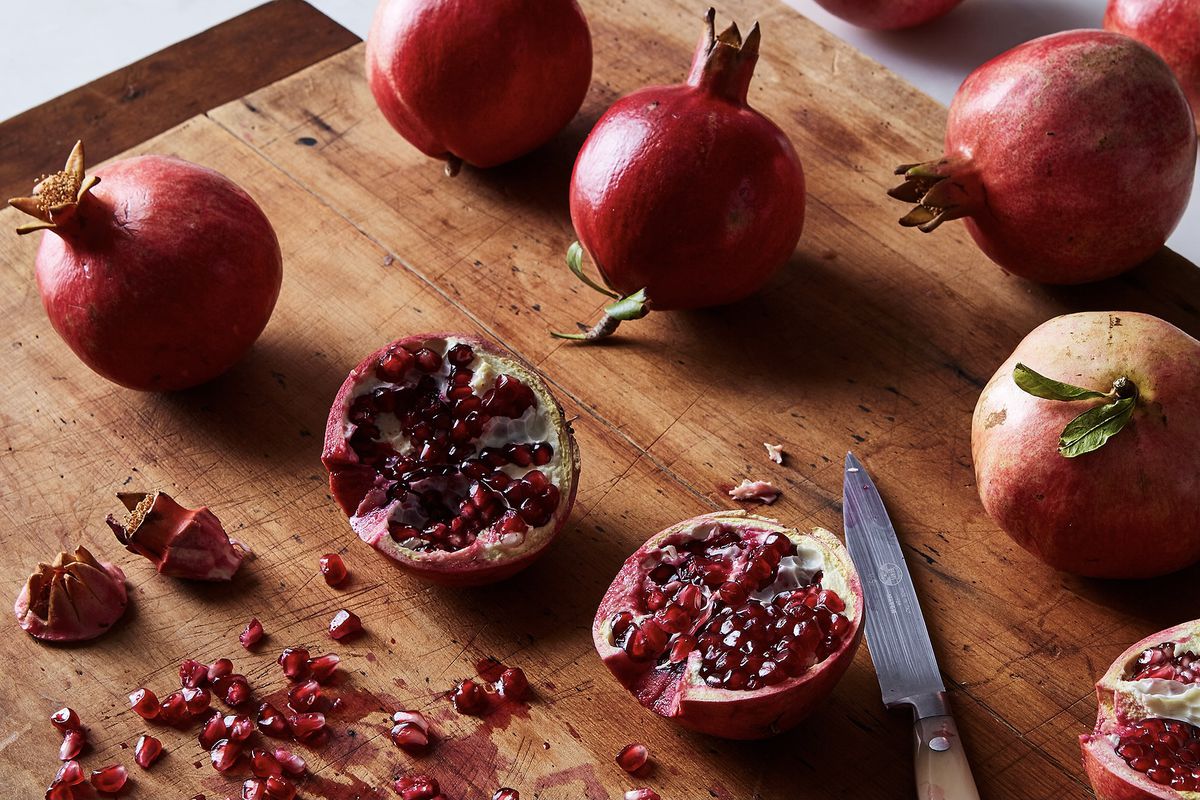
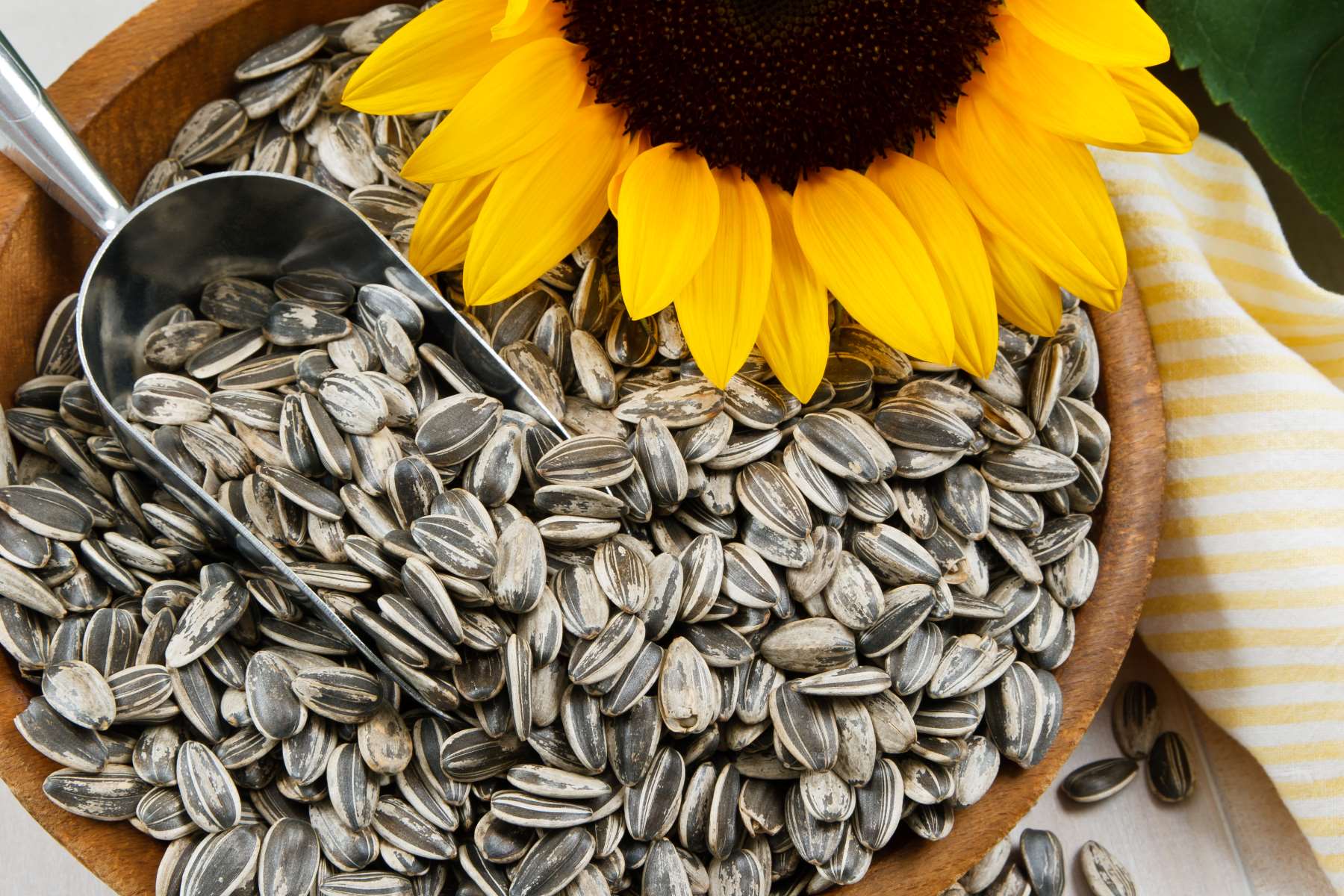
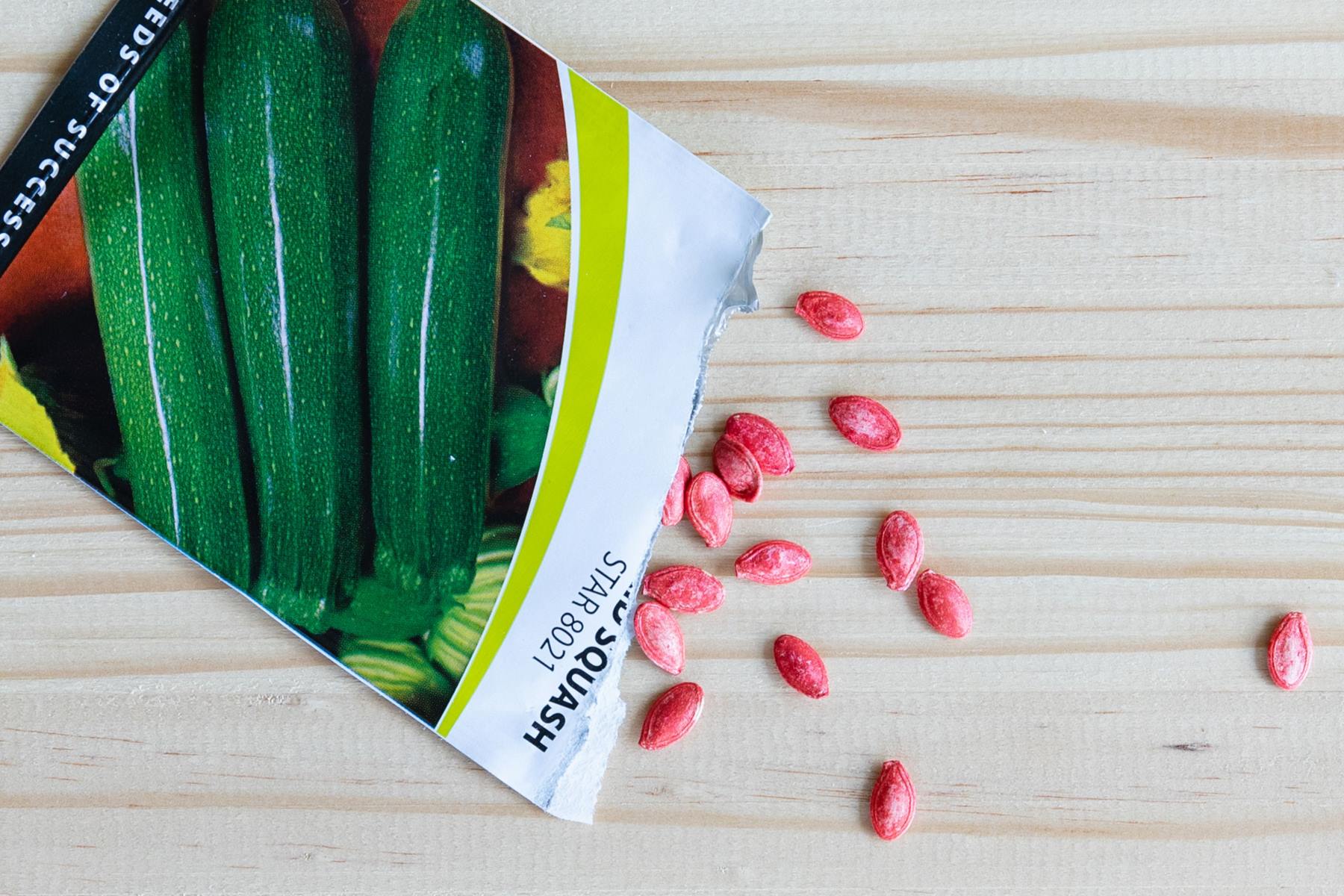
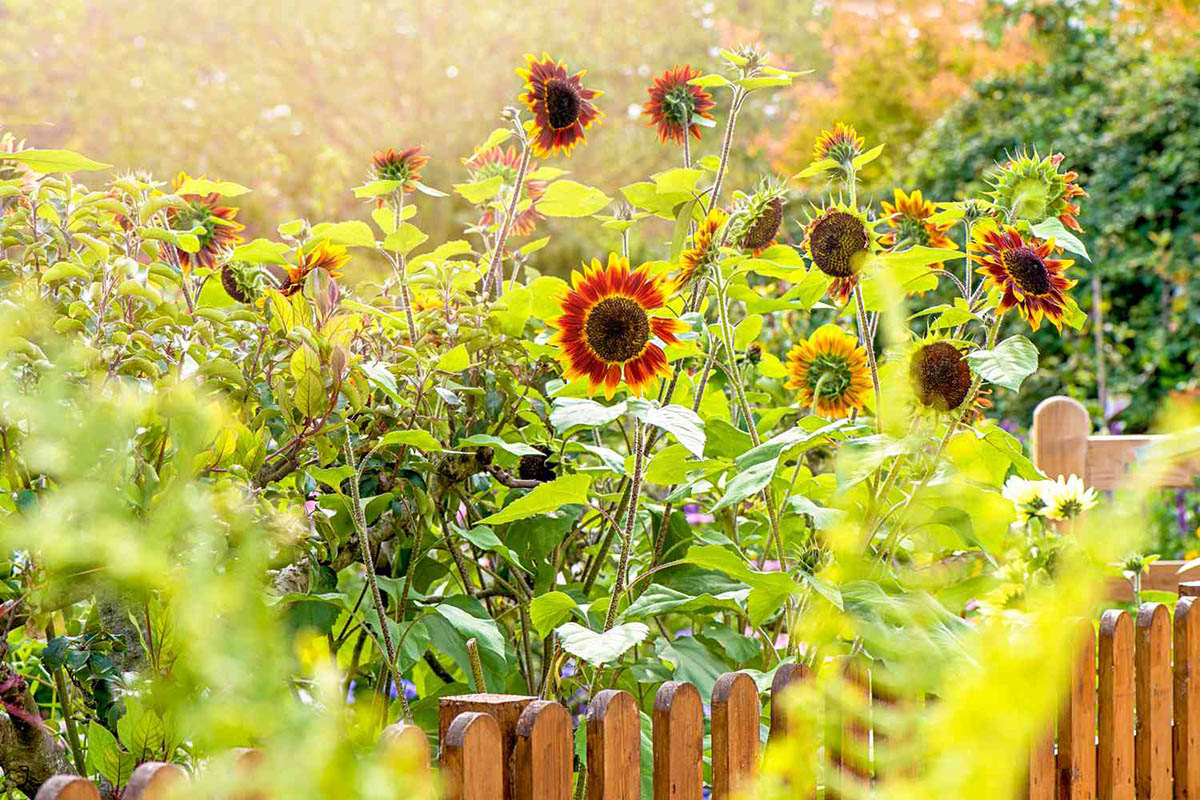
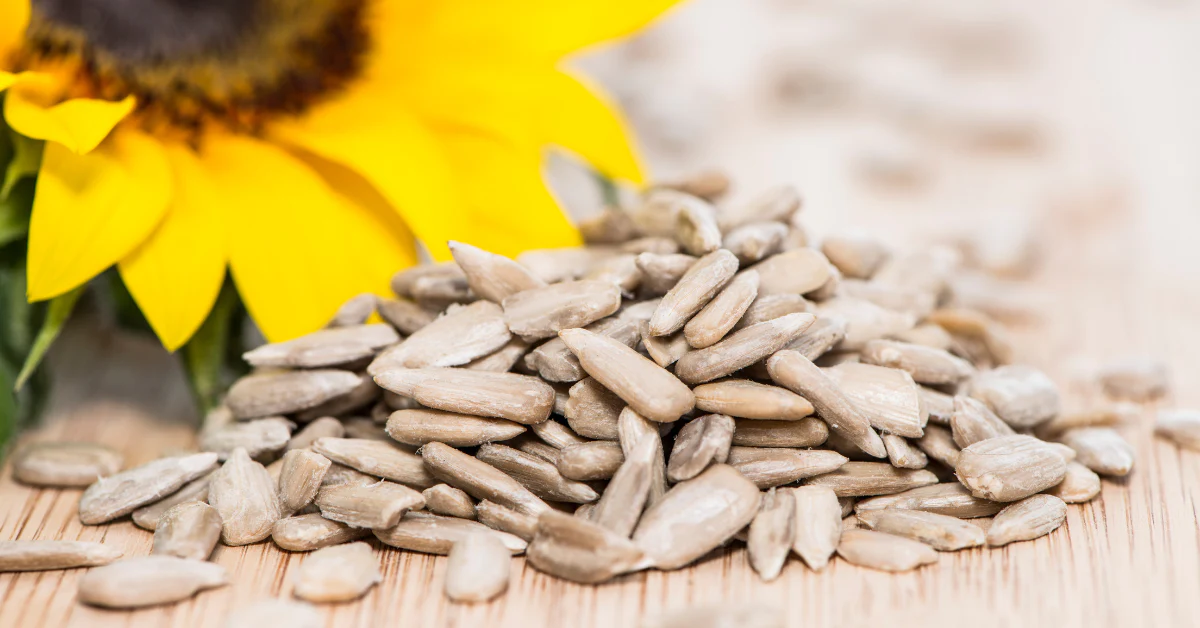
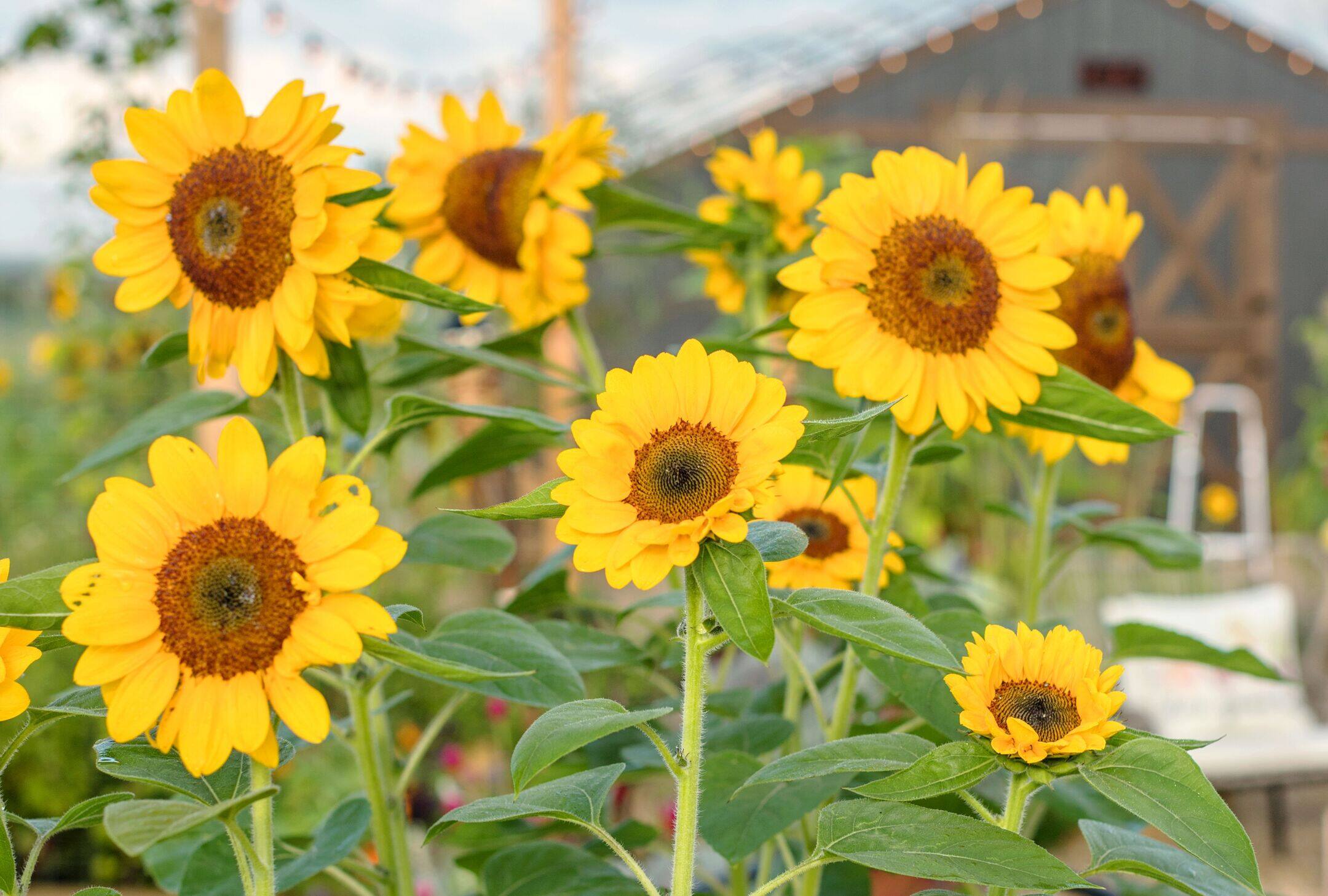
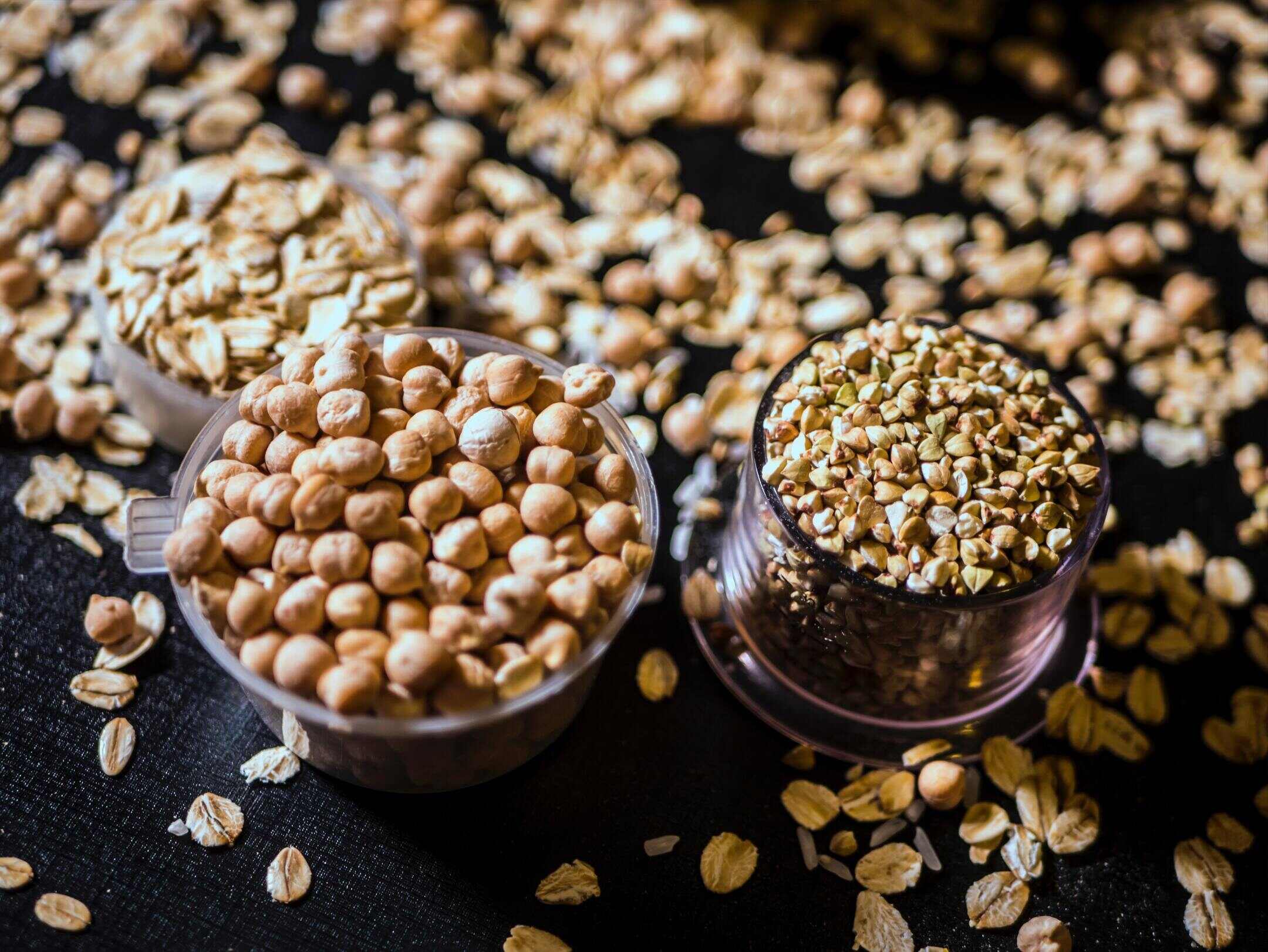
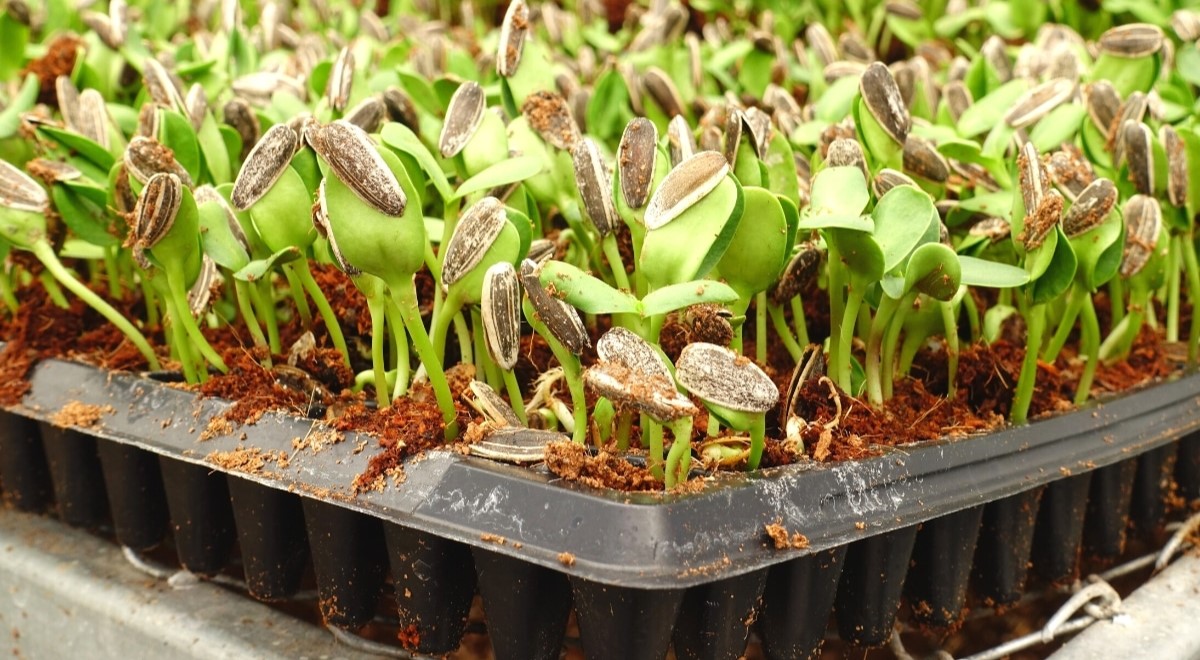
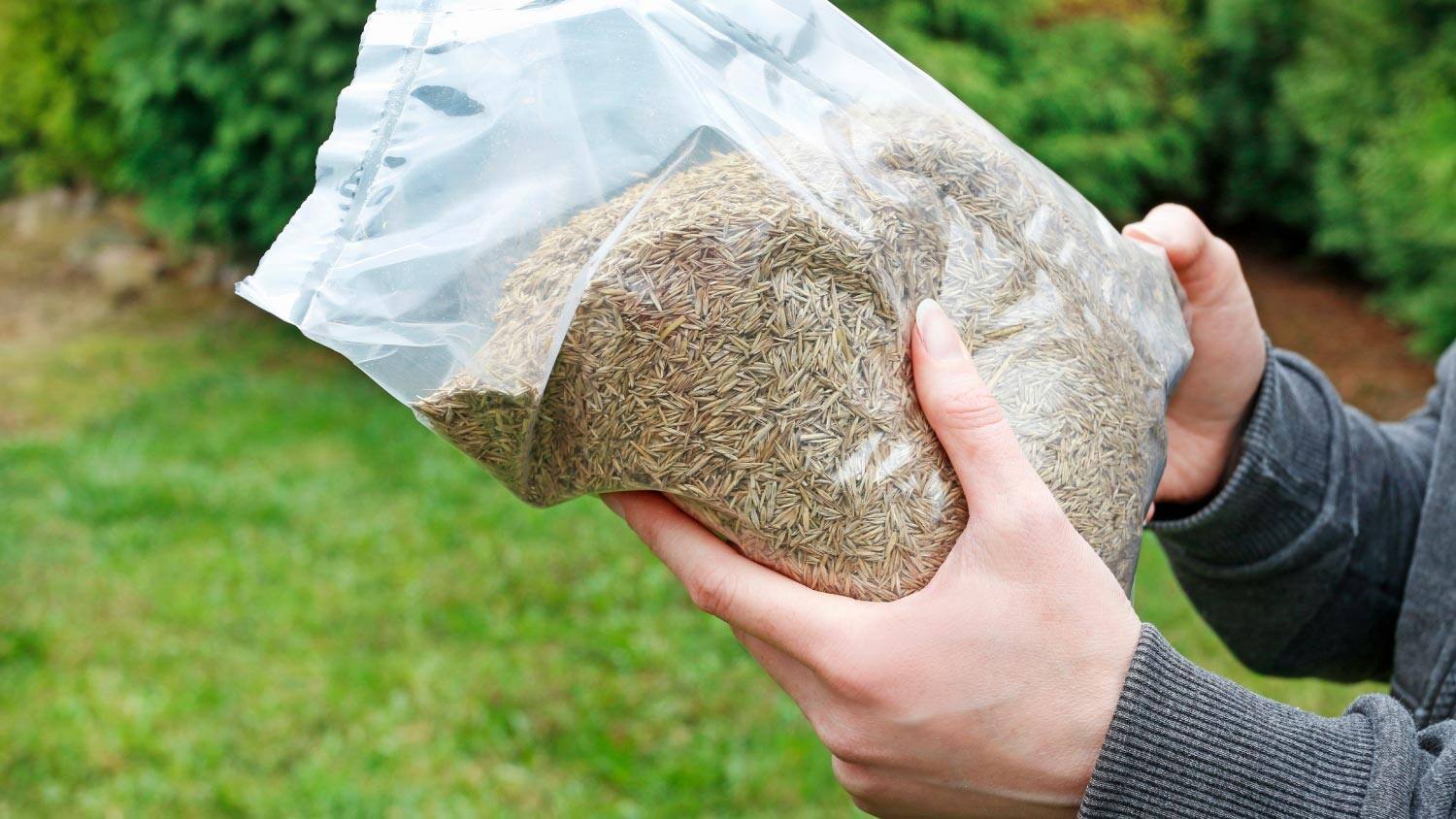

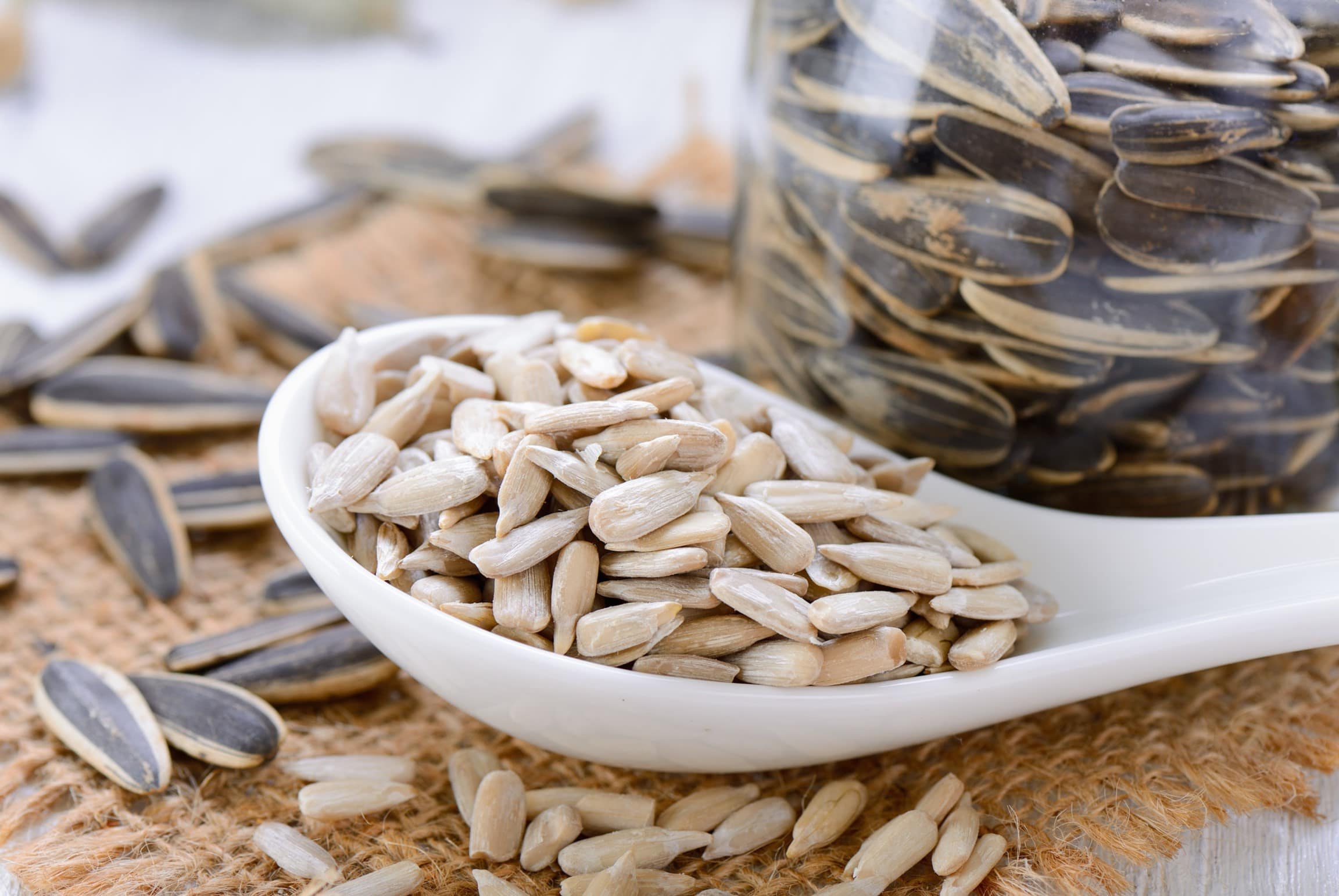
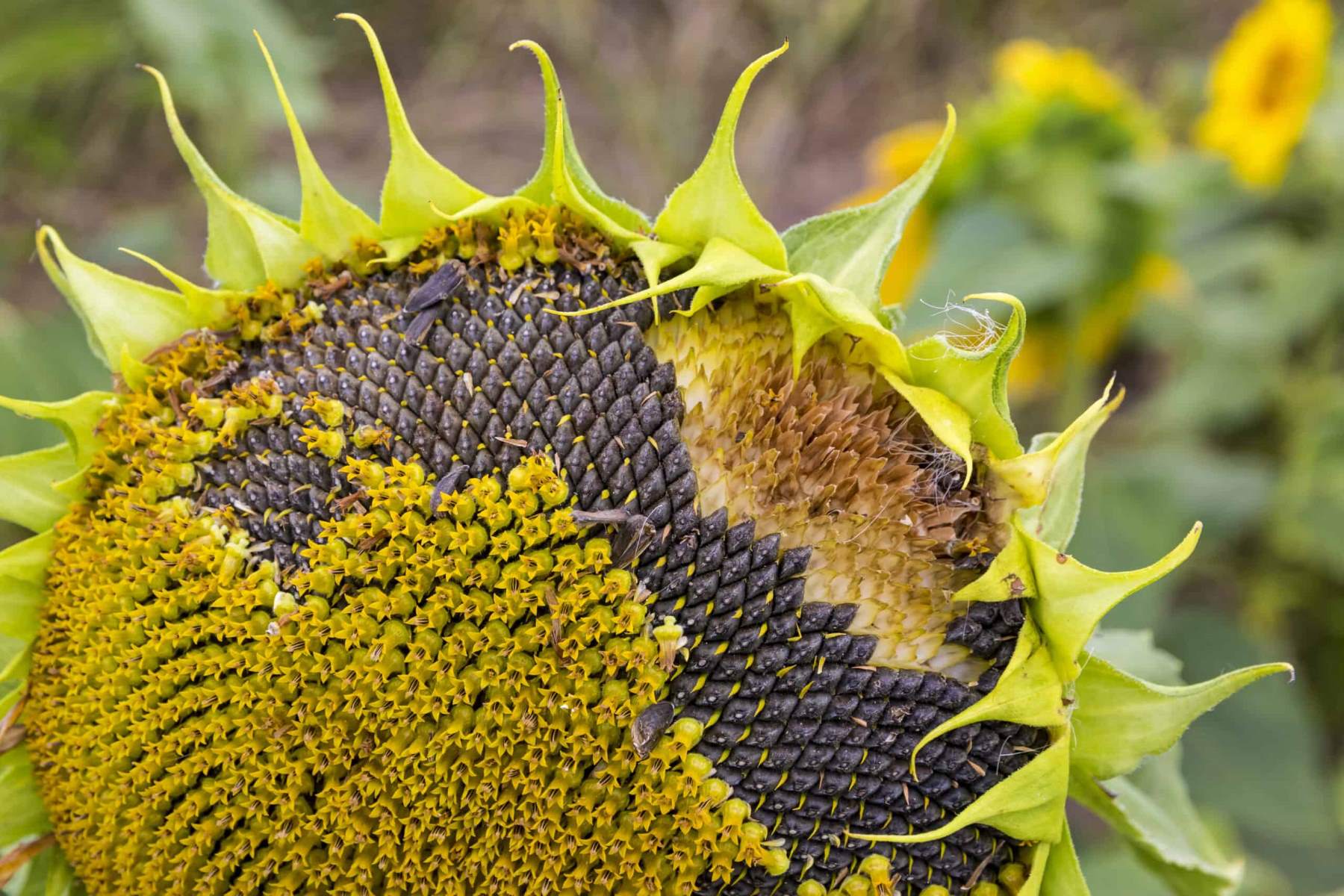
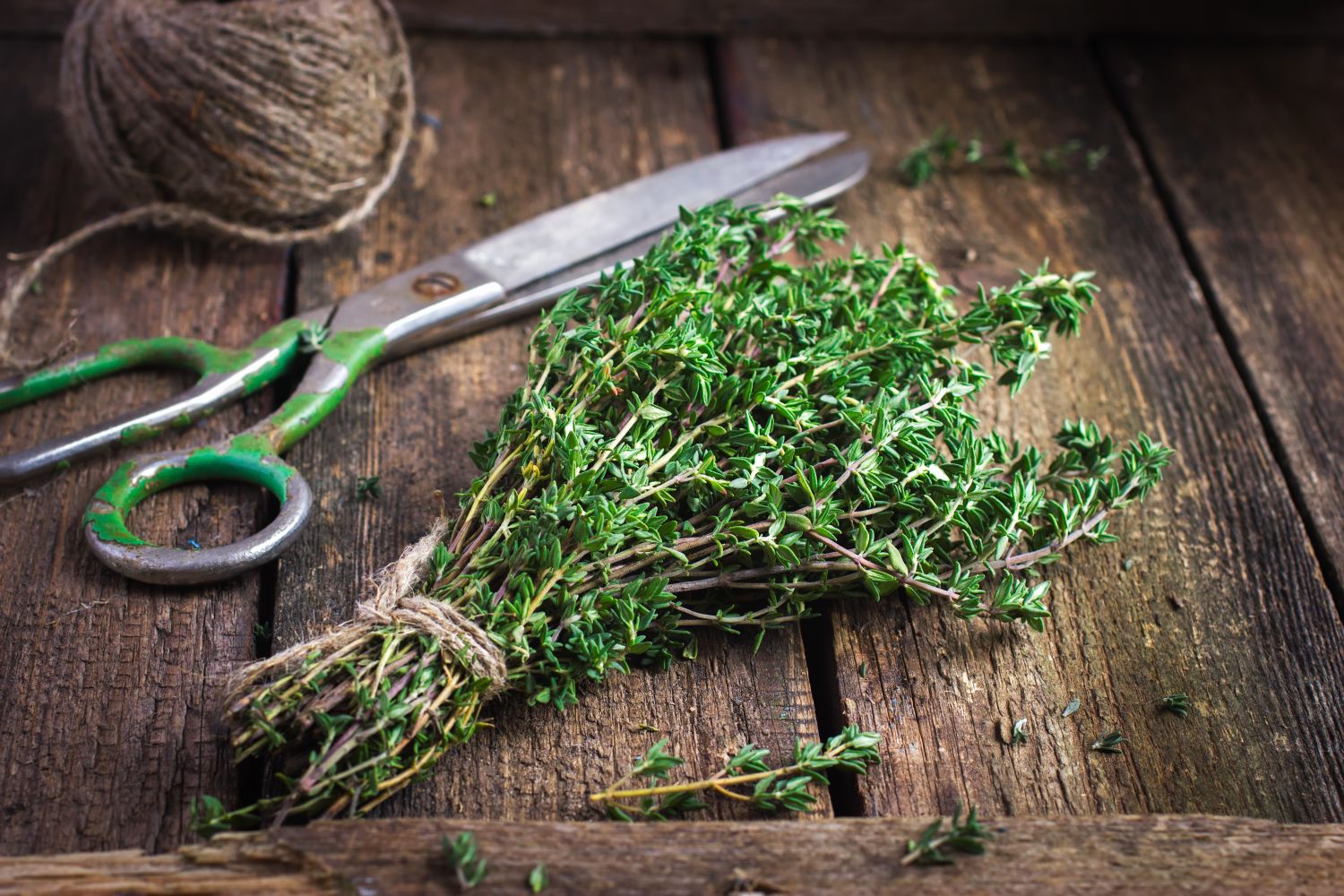
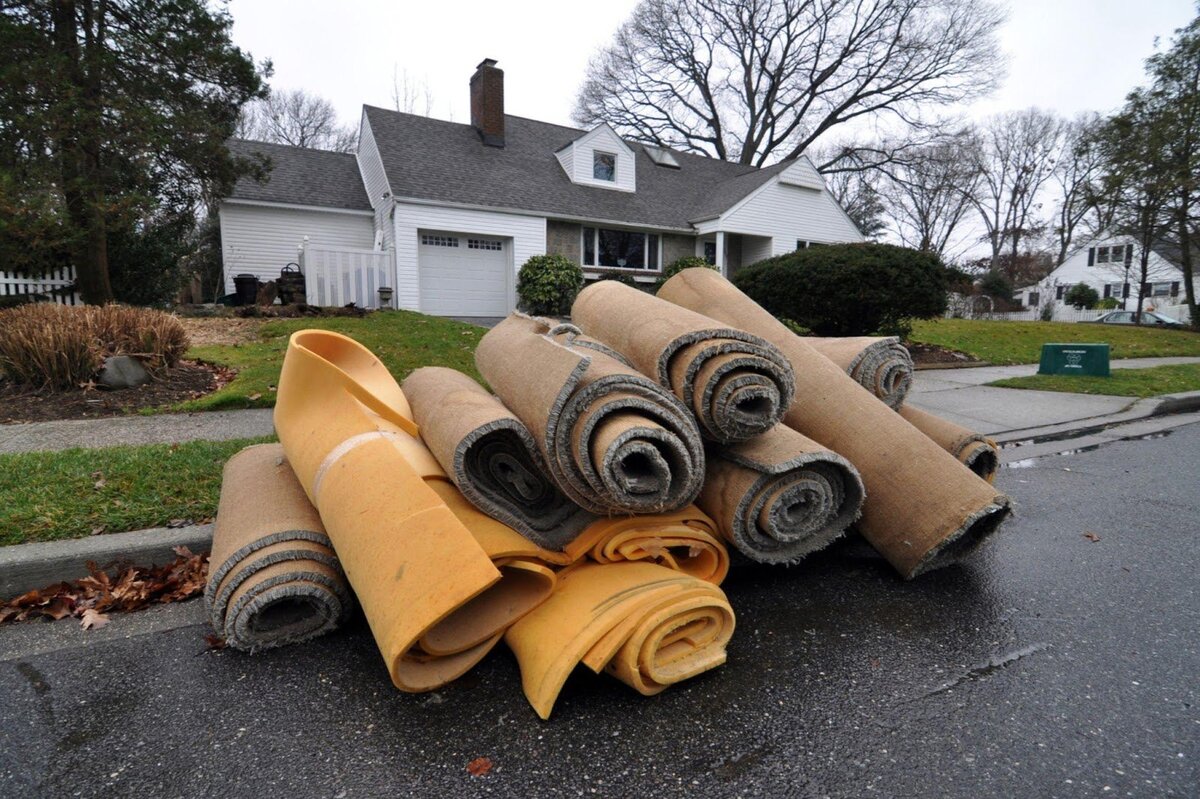

0 thoughts on “How Long Can Sunflower Seeds Last”